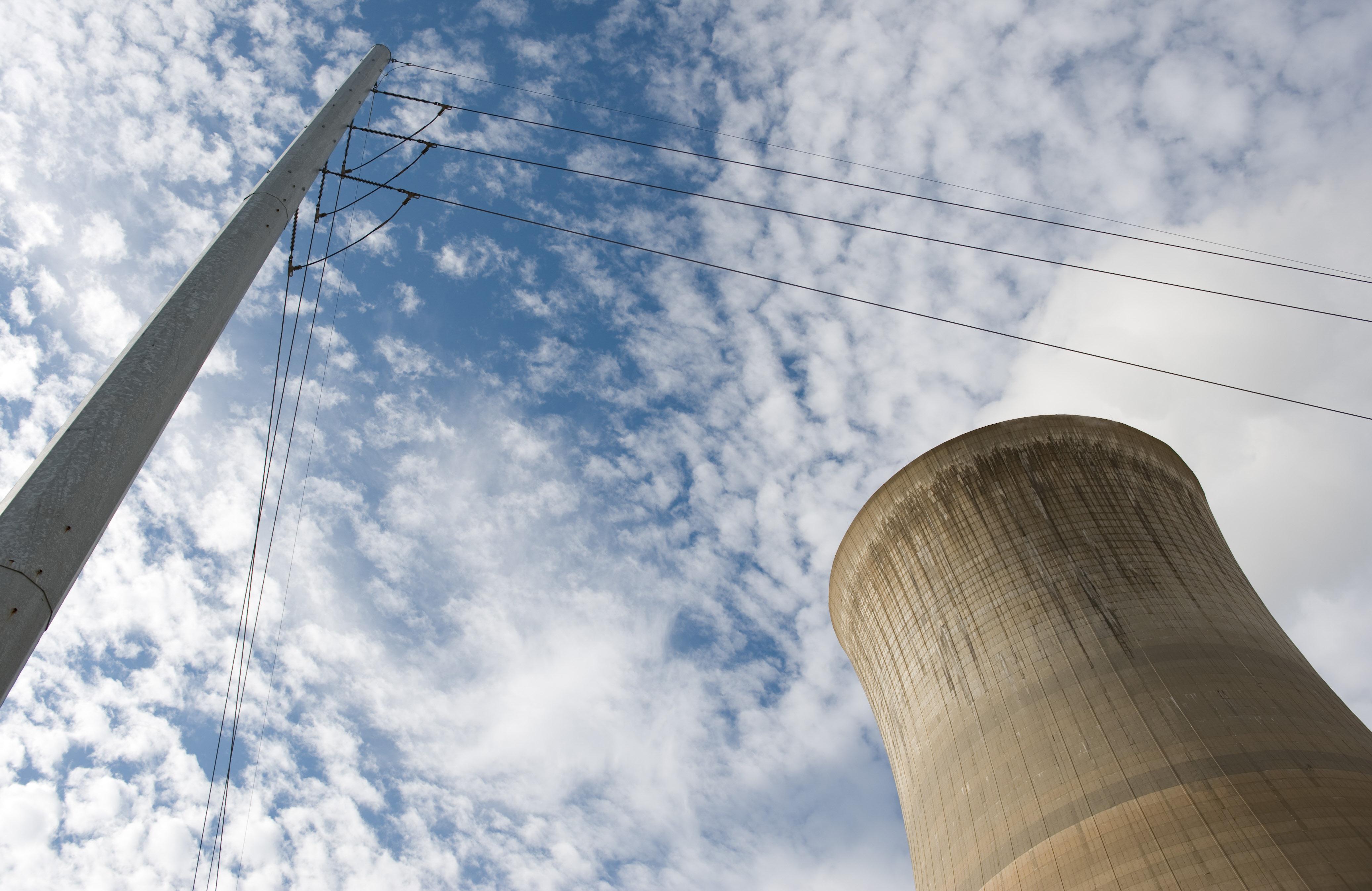The day after Barack Obama won his re-election bid, the chief executive of Murray Energy, Robert E. Murray, gathered his staff and began to read a prayer. He asked God to forgive America for its choice of president, and he prayed for “guidance in this drastic time with the drastic decisions that will be made to have any hope of our survival as an American business enterprise.” He closed with a heartfelt “amen.”
Then he fired 156 people.
Murray explained that the layoffs were inevitable in light of Obama’s re-election. He’s not the only coal baron to cite the president as the cause of the industry’s supposed death knell. CONSOL Energy Inc. President Nicholas Deluliis blamed Obama for 145 planned layoffs, while Alpha Natural Resources CEO Kevin Crutchfield cited the Obama-created “regulatory environment” as the basis for 1,200 job cuts this fall. Other coal executives poured millions into (ultimately ineffective) anti-Obama super PACs. The Romney campaign itself tried to stoke anger against the administration to win over voters in coal-rich Ohio, echoing the coal CEOs’ invectives against Obama and his environmental regulation.
There’s a slight flaw, however, in this blame game: It’s almost entirely made-up. Obama has indeed increased regulation over the coal industry to limit output of carbon and mercury, mandating that older plants update their scrubbers. But his efforts have been fairly mild and nonaggressive, and the regulations—which have the benefit of protecting Americans from mercury poisoning—aren’t cripplingly costly to coal companies.
So why is coal stuck in a spiral of decline? In part, it’s due to a decades-long boom in natural gas, which is not only easier and cheaper to produce than coal but also significantly less reliant on government subsidies. (The federal government leases land to coal companies at artificially low prices.) Yet the vagaries of supply and demand don’t tell the full story of coal’s downfall. It’s not just the market. It’s the reckless mismanagement of the coal industry by CEOs, many of whom are more interested in skirting regulations and scoring political points than in maintaining jobs, modernizing their technology, or keeping their mines safe. A brief look at Big Coal’s recent record makes the malfeasance clear.
Consider Bob Murray. In 2010, one of Murray’s mines leaked coal slurry into Captina Creek, home of the endangered hellbender salamander. This wasn’t the first time a mine under Murray’s purview had committed such an infraction, or the second. It was the seventh. The multimillion-dollar fines that resulted from these offenses can’t exactly be laid at the feet of the president. Murray has also tried to shirk the blame for the Crandall Canyon mine catastrophe, when nine people died after the collapse of a Murray-run mine. Crandall Canyon faced 64 safety violations before its collapse, but Murray ignored them all, ultimately insisting that the collapse was caused by an earthquake. (It wasn’t.)
Murray’s misdeeds don’t end with lost lives or environmental destruction. The chief executive donated millions upon millions of dollars to Republican candidates over the last few election cycles, gathering the money through outrageous means. Murray created a company PAC and encouraged his employees to contribute to it. More than encouraged, actually: All employees were told that they were expected to donate by automatic payroll deduction, and some were told directly to give money to specific candidates. Murray also expected employees to attend $2,500-per-person Rick Perry fundraisers. Murray has denied any misdeeds.
These kinds of eye-popping donations to conservative causes are common in today’s coal industry. Joseph Craft, CEO of Alliance Resource Partners LP, gave $4.35 million to several different conservative super PACs during the 2012 election. Richard Gilliam, founder of Cumberland Resources Corp., a private coal producer, gave more than $1 million to pro-Romney, anti-Obama super PACs. And Oxbow Corp., a Bill Koch-run company invested in several natural resources including coal, gave more than $1 million to super PACs supporting Scott Brown and Mitt Romney this year.
All of this money could have been invested on mines, coal-burning power plants, or workers. Instead, all of it was wasted. None of the candidates supported by these coal barons won. That won’t stop them from trying again. The coal industry has a long history of obfuscating the facts and attempting to inject pro-coal sentiments into the public discourse. Coal companies have spent millions lobbying against regulations, protesting the link between coal and climate change, and even discouraging energy conservation. Coal might be dying, but it’s not because of a few modest regulations enacted by the Obama administration. It’s because decades of unmitigated power have left the industry hostile to change, quick to squander funds, and vulnerable to the very principle touted by Murray in his perverse doomsday prayer: the demands of the market.
